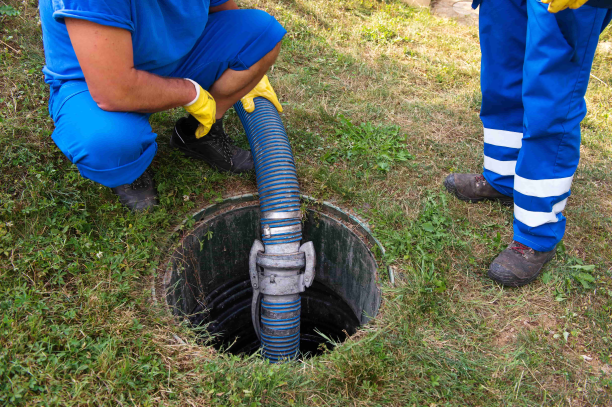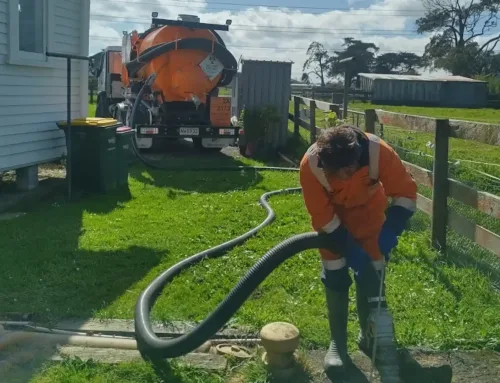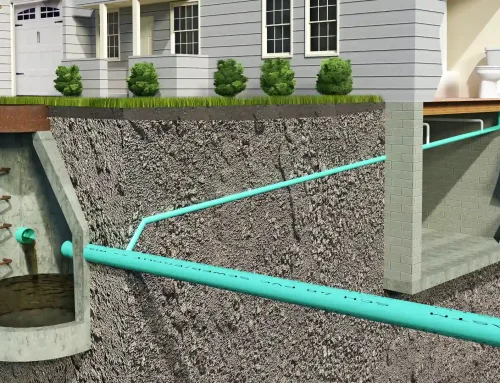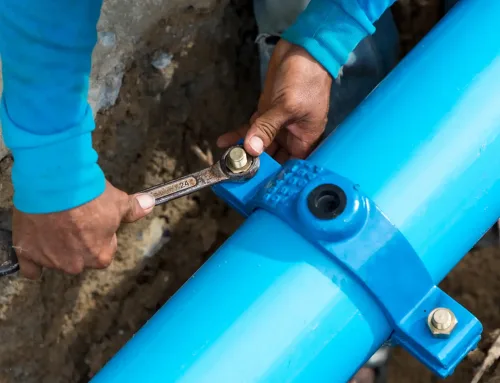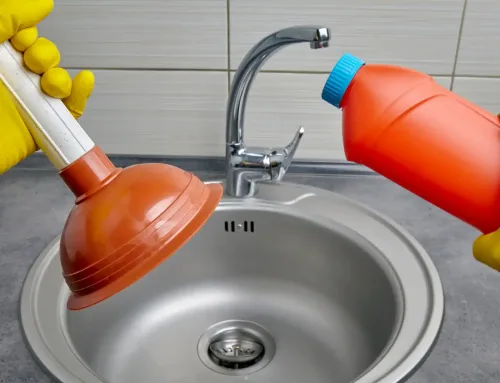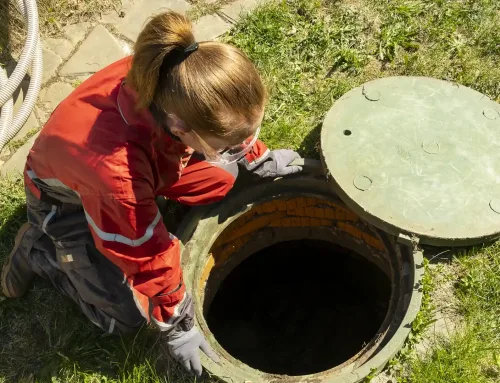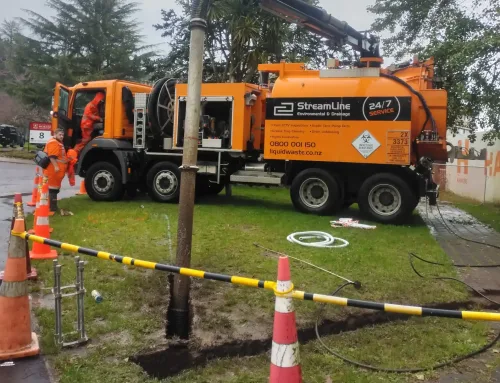While professional cleaning is essential, there are steps homeowners can take to maintain their septic systems between professional cleanings.
- Inspect Your Drain Fields: At the end of your septic tank, heading away from your house is a field drain. A Field drain is a an underground pipeline consisting of perforated pipes or tiles and is connected to the septic tank. This network of pipes is usually laid in trenches full of drainage metal. The waste water flows out of the septic tank and is evenly distributed into the ground through the perforated pipes and drainage metal. If you notice that the grass grows very well in one area of your lawn, this will be the location of your field drain. If there is water water pooling or coming out of the ground, this may indicate that your field drain is damaged and may need repair or replacement.
- Avoid Harsh Chemicals: Using harsh cleaning chemicals in your house could disrupt or kill the good bacteria inside your septic tank. Try and purchase cleaning chemicals that state on the bottle they are septic tank safe. You can also use natural cleaning products, which will biodegrade and are safe your septic tank. If you have old cleaning chemicals that you want to dispose of, do not pour down your drain of flush down the toilet. Instead put these in the rubbish.
- Avoid excessive water usage: If you do end up using alot of water, what can happen is that the large amount of water entering the septic tank will shock the bacteria. Another issue could be that the sludge at the bottom of the tank could get stirred up and then get washed into your field drain. This could lead to your field drain getting blocked up and the water inside your septic tank having a hard time leaving the septic tank.
- Don’t Park Heavy Vehicles Over Drain Fields: This is the easiest way to break or damage your field drain. Heavy vehicles can push the pipework down creating a dip. They can crack the pipework, leading to roots being able to grown in. They can break the pipework, requiring the pipe to be dug up and repaired.
Conclusion By following these simple tips, you can help ensure the long-term health and efficiency of your septic system. However, it’s important to remember that regular professional cleanings are still necessary to maintain optimal performance.
